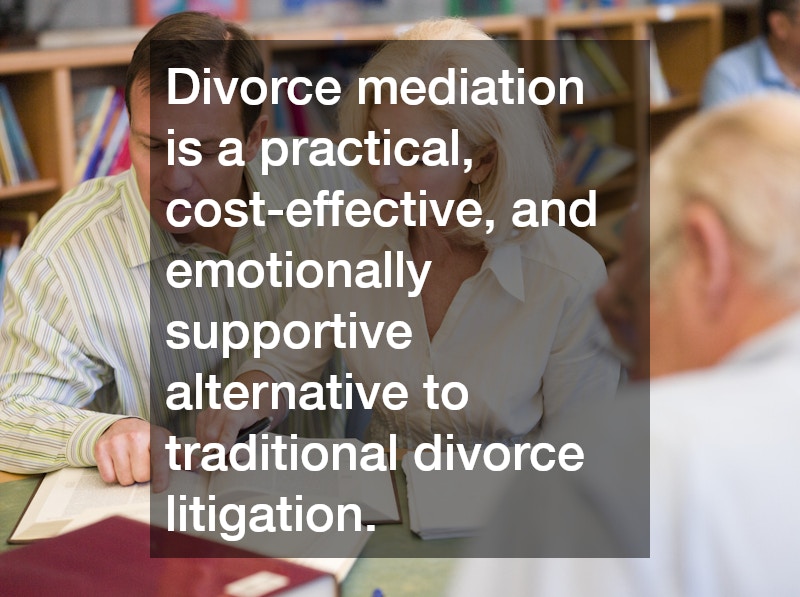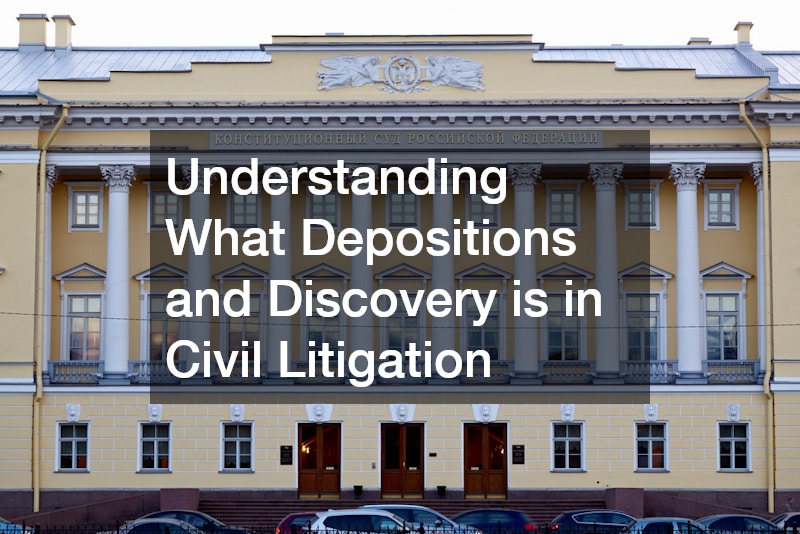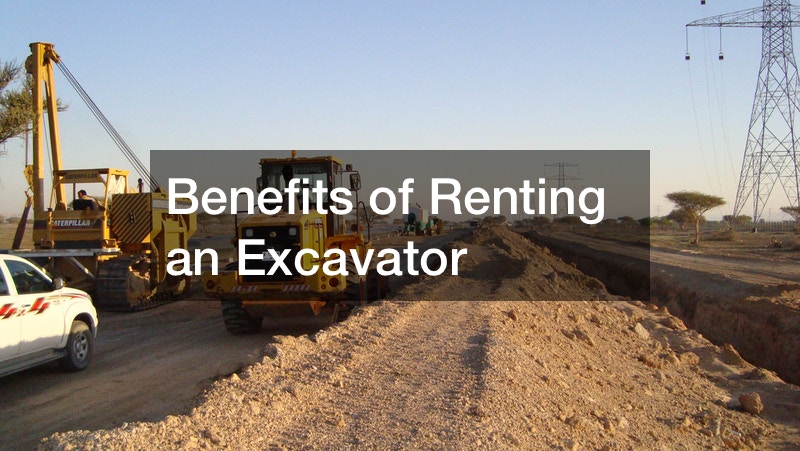
Divorce is a challenging time for all involved, often marked by emotional stress, legal complexities, and financial strain. For many couples, traditional litigation may seem like the only path forward, but divorce mediation offers an alternative approach that can significantly ease the process. This method focuses on collaboration, communication, and mutually agreeable solutions, making it an increasingly popular choice.
Here, we’ll explore the many benefits of divorce mediation and why it might be the right option for your situation.
What Is Divorce Mediation?
Divorce mediation is a process in which a neutral third party, known as a mediator, facilitates discussions between divorcing spouses to help them reach a settlement agreement. The mediator does not make decisions for the couple but instead guides the conversation, ensuring that both parties are heard and that the discussions remain productive. This process is particularly effective for addressing issues such as property division, child custody, and spousal support.
1. Cost-Effectiveness
One of the primary advantages of divorce mediation is its cost-effectiveness. Traditional divorce litigation often involves high attorney fees, court costs, and other expenses that can quickly add up. Mediation, on the other hand, is typically far less expensive because it eliminates much of the time-consuming back-and-forth often required in court proceedings. By choosing divorce mediation, couples can save a significant amount of money while still achieving a fair and comprehensive agreement.
2. Faster Resolutions
Divorce litigation can drag on for months or even years, particularly if the case is contentious or complex. Mediation, by contrast, is designed to expedite the process. Couples work directly with the mediator to address their concerns and find common ground, often completing the process in weeks or months rather than years. This faster resolution not only saves time but also allows both parties to move on with their lives more quickly.
3. Reduced Emotional Stress
The adversarial nature of courtroom divorces can exacerbate the emotional toll of an already difficult situation. Divorce mediation fosters a cooperative environment where both parties are encouraged to communicate openly and respectfully. This approach can reduce conflict, allowing for a less stressful experience overall. Additionally, the mediator helps manage discussions, ensuring that emotions do not derail progress.
4. Greater Control Over Outcomes
In traditional divorce proceedings, a judge ultimately decides the outcome of critical issues such as child custody, division of assets, and spousal support. Mediation, however, puts control directly in the hands of the divorcing couple. Both parties have the opportunity to voice their preferences and work together to create a customized agreement that meets their unique needs. This collaborative approach often leads to solutions that are more satisfactory for everyone involved.
5. Preservation of Relationships
For couples with children, maintaining a civil relationship after divorce is essential for effective co-parenting. Divorce mediation emphasizes communication and collaboration, which can help preserve a more amicable relationship between the parties. By avoiding the contentious atmosphere of the courtroom, parents are better equipped to work together in the future, creating a healthier environment for their children.
6. Privacy and Confidentiality
Unlike court proceedings, which are a matter of public record, divorce mediation is a private process. This confidentiality can be especially important for couples who wish to keep personal or financial matters out of the public eye. Mediation sessions are not part of the public record, and the discussions remain confidential, providing both parties with a greater sense of security.
7. Flexibility and Convenience
Divorce mediation offers a level of flexibility that litigation simply cannot match. Sessions can be scheduled at times and locations that are convenient for both parties, rather than being dictated by the court’s calendar. Additionally, mediation allows couples to address specific issues at their own pace, spending more time on complex matters and moving quickly through areas of agreement.
8. Improved Compliance with Agreements
Agreements reached through mediation are more likely to be upheld by both parties because they are developed collaboratively. When couples work together to create a settlement, they are more invested in its success and more likely to comply with its terms. This can reduce the need for future legal disputes and foster a smoother transition into post-divorce life.
Divorce mediation is a practical, cost-effective, and emotionally supportive alternative to traditional divorce litigation. By fostering collaboration and communication, it helps couples reach fair and sustainable agreements while minimizing stress and preserving relationships. If you are considering divorce mediation, consult with an experienced mediator to determine if this approach aligns with your goals and needs. With its numerous benefits, divorce mediation offers a path forward that is not only efficient but also empowering.
.




